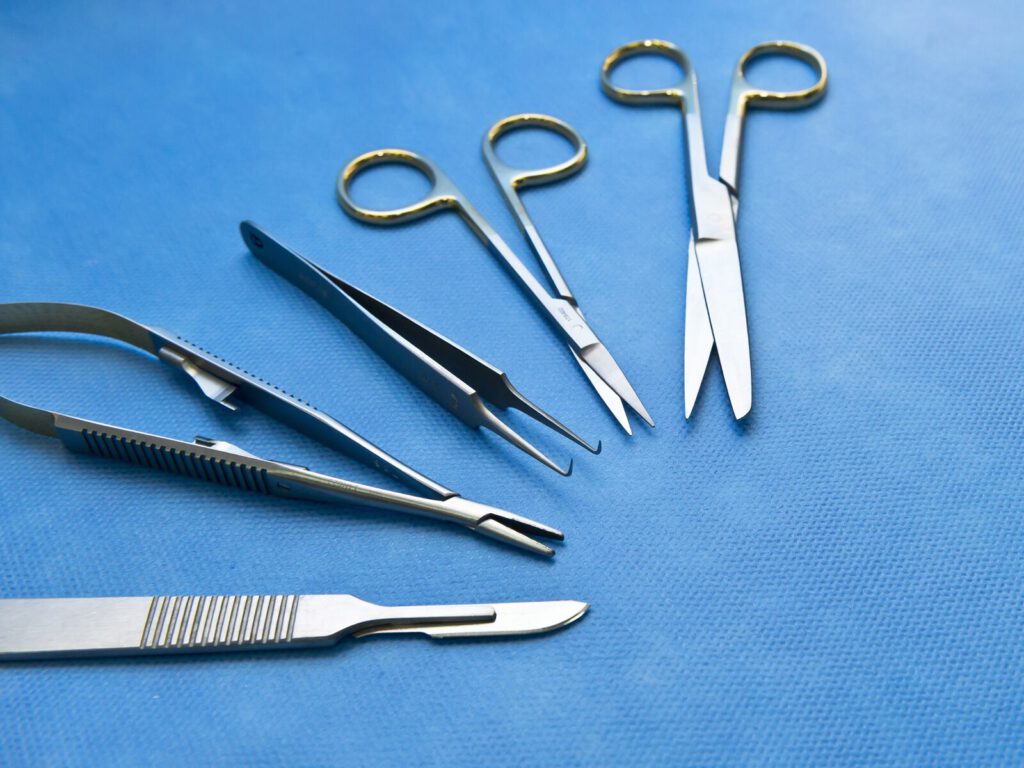The Applied Technical Services (ATS) Family of Companies helps clients navigate the challenges of obtaining clearance for FDA medical device testing and approval. Our experts supply companies with a plethora of expertise, as well as cost and time savings.
Our consulting specialists provide regulatory consulting services with a faster clearance/approval average than the industry standard. We have completed more than 200 successful 510(k) submissions. Furthermore, we have an average review time of 131 days—46 days faster than the industry average. By choosing us as a consultant for your FDA medical device testing, clients get their products to market considerably quicker than their competitors.
A Brief Overview of the FDA
The Food and Drug Administration (FDA) ensures the safety and security of food, drugs, and medical devices in the United States. The process of achieving regulatory compliance is very stringent. Products must receive clearance for sale and distribution before undergoing review. Manufacturers must then maintain oversight of products after they arrive on the market.
How the Approval Process Works
FDA approval is almost always mandatory before manufacturers can market or sell a product that might pose the potential risk of illness or injury. First, manufacturers must present a premarket approval (PMA) application and clinical testing results. After this submission, the FDA will rigorously review the product to identify the benefits and the risks. They are less inclined to approve a product if they assess a greater potential risk associated with the product than any potential benefit.
Medical Device Classifications
- Class I: Low-risk devices not intended to sustain or support life
- Elastic bandages
- Hand-held surgical instruments
- Class II: Medium-risk devices subject to more scrutiny than Class I devices but do not sustain or support life
- Powered wheelchairs
- Infusion pumps
- Class III: High-risk devices that receive rigorous testing due to the fact they are intended to sustain or support life
- Heart valves
- Metal-on-hip joints
FDA Medical Device Testing Compliance Consulting Services
Manufacturing clients need an FDA medical device testing compliance consultant. Our testing labs take an active role, assisting clients with preparations for even the most rigorous of approval processes. We offer multiple FDA compliance services, such as regulatory support, quality system development and improvement, 510(k) submission, and much more. With all these services at your fingertips, you can smoothly sail down the path to gaining and maintaining clearance for your product.
In addition to medical device testing, the ATS Family of Companies can help you with your FDA consulting needs. To ensure your supply chain complies with regulatory standards, we provide FDA supplier audits, ISO 13485 Gap Analysis, and FDA vendor audits. These services aim to identify potential issues in your supply chain or quality management system that could impact the safety of your products. Our specialists can also perform European Medical Device Regulation Consulting to help guide you through the intricacies of medical device regulation for European markets.



